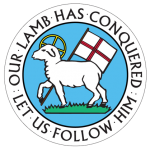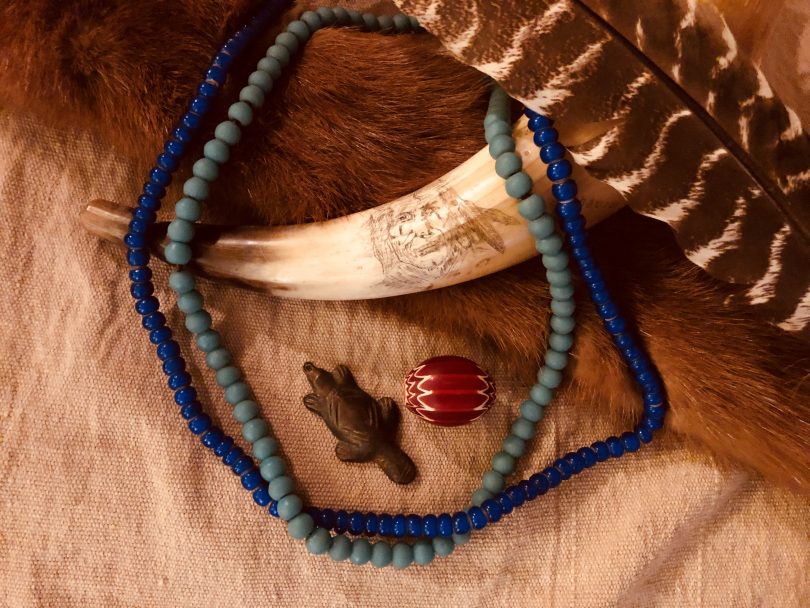The first few years of his apprenticeship had gone well. John Heckewelder’s master was pleased with his attention to detail and how quickly his skills were improving. He also understood that young Heckewelder had dreams that extended far beyond the walls of a cooper’s shop. Finally, in March of 1762, the missionary Christian Fredrick Post approached John with an opportunity. The war with France, which we call the French and Indian War, was ending and it looked like there might finally be peace on the frontier. Post planned to travel to the Muskingum Valley in the Ohio Country, a distance of nearly 400 miles. He had requested Heckewelder as his assistant on a mission to the Delaware living in a village called Tuscarawas.
Plans were quickly made and, with approval of church leaders, John’s apprenticeship was signed over to Post. The pair soon set out for the Ohio Country. Trudging through three-foot-deep snow and delayed by flooding, they faced many dangers and hardships; at one-point Heckewelder nearly drown crossing a stream. The journey from Bethlehem to Tuscarawas, a village near present Bolivar, Ohio, took over a month. Along the way, John met people whose names would define the history of the 18thcentury frontier. These ranged from Colonel Henry Bouquet who was commanding at Fort Pitt, to a Delaware leader known to settlers as White Eyes; he gave the hungry travelers several live chickens as a gift. John recorded details of the entire adventure in his journal.
Heckewelder and Post spent the spring and summer together at Tuscarawas, living in a cabin that Post had built during an earlier visit. Political tension and a near famine on the frontier prevented the mission from being a success, but it gave John Heckewelder the opportunity to immerse himself in the Delaware culture as he experienced, and documented, life in the village. He gained a basic understanding of their language and grew to respect the people living there. John also met and grew to know a number of fur traders who lived and worked among the tribes in the Ohio Country.
John Heckewelder spent the fall alone at Tuscarawas after Post was recalled east to assist with a treaty. During that time, he suffered illness and near starvation. John credited his survival to the kindness of a trader who maintained an outpost near the village. Finally, late in the year, young Heckewelder was forced to flee when Pontiac’s War again turned the frontier into a battleground. He traveled alone for much of his journey back east. Only later would John realize how fortunate he was to arrive home safely, most of the fur traders he met in the Ohio River Valley did not survive the conflict.
Heckewelder had lived in the Ohio Country for nine months when he returned to Bethlehem in late November of 1762. At only nineteen-years-old, he had experienced more of Delaware life than most would ever see. It would be a decade before he again returned to the Tuscarawas Valley, but he would not return as a stranger. Many of the Delaware he had known during his months in the Ohio Country would go on to become the leaders of the Delaware Nation. Those leaders remembered Heckewelder and the time that the brave young man had spent at Tuscarawas. Today we remember John Heckewelder for the journals he kept during his travels, they give us one of the few records of life in the Ohio forests during the mid-1700s.
Written by Seth Angel of Frys Valley Moravian Church







